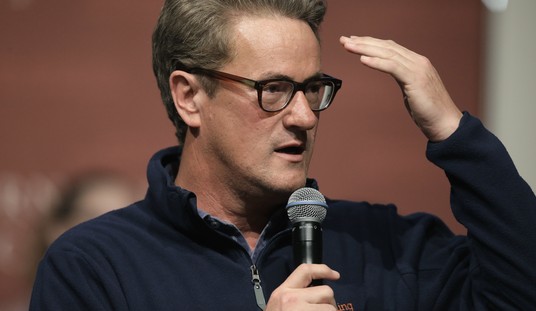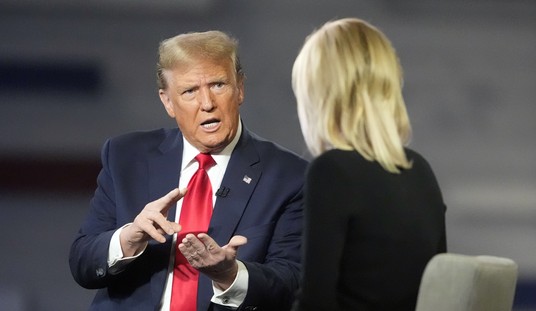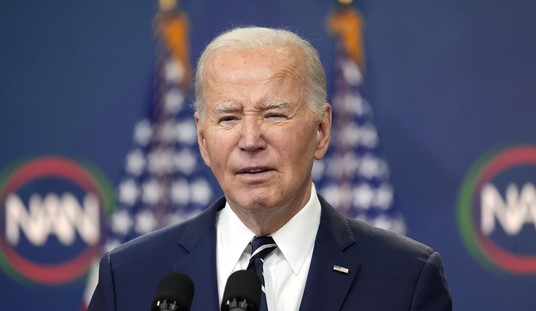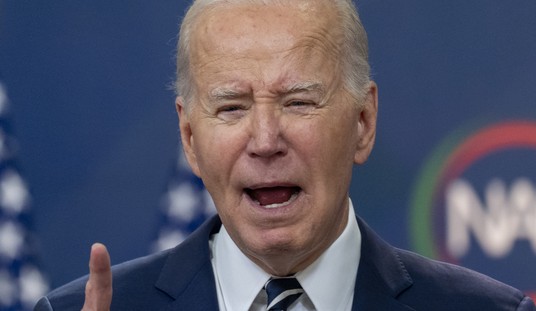Wisconsin Governor Scott Walker has accomplished quite a lot over the past four years. He's won three elections; getting elected in 2010, decisively defeating a recall effort that attracted national attention, and prevailing by a fair comfortable margin in November's (re)-re-election campaign. On a policy level, he's won the two biggest fights he's picked, enacting his controversial and successful 'Act 10' budget reforms in 2011 -- which touched off massive protests and the ill-fated recall push -- and signing a large tax cuts package earlier this year. Now that he's been handed his third mandate in four years, Walker has a decision to make: Will he follow the lead of Republicans in the state legislature and champion a right-to-work law? The governor has labeled the initiative "a distraction," but hasn't ruled out signing a bill if it ends up on his desk. The Washington Examiner's editors urge Badger State leaders to follow through on the idea:
Elections have consequences, and Scott Fitzgerald, the Republican leader of Wisconsin's state Senate, wants one of those consequences to be a state right-to-work law. Wisconsin is one of three states without such a law where Republicans have effective control over the legislative process for at least the next two years. Right-to-work, which lets workers choose whether to pay for union representation without risking their jobs, is a good idea in Wisconsin, and a good idea everywhere else it can be tried. According to data from the Labor and Commerce Departments, both wage and job growth were significantly larger in right-to-work states between 2003 and 2013. Right-to-work states also experienced twice as much growth in real manufacturing GDP as other states. The flight of America's manufacturing base to southern right-to-work states further illustrates the point...Right-to-work, which is currently the law in 24 states, partially levels the playing field. Workers who do not want to join unions can still be forced to accept union representation, but they cannot be forced to pay for it as a condition of employment.
While declining to take a definitive position on the issue at the moment, Walker says his top priorities are passing school accountability measures, uprooting and overhauling the state's Common Core curriculum, and passing a budget. Whether right-to-work would, in fact, serve as a "distraction" from his agenda remains to be seen. But it
Recommended
Act 10’s dynamite, however, was the provision ending the state’s compulsory collection of union dues — sometimes as high as $1,400 per year — that fund union contributions to Democrats. Barack Obama and his national labor allies made Wisconsin a battleground because they knew that when Indiana made paying union dues optional, 90?percent of state employees quit paying, and similar measures produced similar results in Washington, Colorado and Utah.
They knew that if given a choice, many of their own members would opt to keep more of their own money, and that some might even decide that re-certifiying their unions (now required annually) wasn't worth it anymore. And that's exactly what has happened. Here are some recent developments on that same front, via the MacIver Institute:
In elections that ended last Tuesday, government workers voted to decertify 25 school district unions that sought recertification. Plus, 100 fewer unions than last year chose to seek recertification. Last year, 408 units sought recertification. This year, the number was down to 305. Under the 2011 Act 10 reforms, the Wisconsin Employment Relations Commission (WERC) is required to hold annual recertification elections for unions associated with school districts. Unions must attain "yes" votes from 51 percent of eligible union members to continue serving as an authorized collective bargaining unit - making a non-vote essentially a vote against union recertification...While a majority of unions that sought recertification gained more than 51 percent of support in their elections, a large number of union members chose to vote against or not vote for their collective bargaining unit. In total, 14,820 union members did not vote in favor of recertification.
Walker's reforms pose an existential threat to government union bosses by injecting choice into the equation for rank-and-file members. If one wants to identify the true reason why the Left despises Walker, simply re-read the previous sentence.

























Join the conversation as a VIP Member